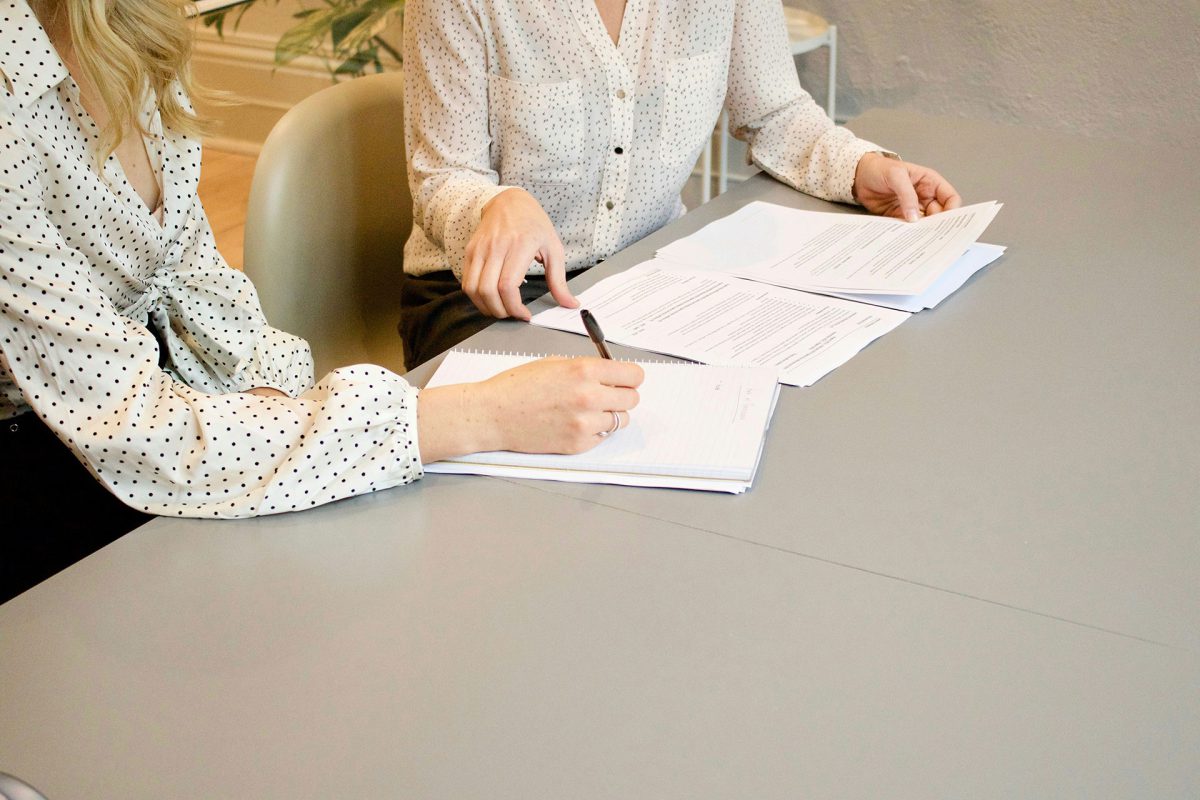Buying property in Spain can be an exciting venture, whether it’s for personal use, as a vacation home, or as an investment. However, the process involves various legal and administrative steps that require attention to detail.
Ensuring that you have all the necessary documents in order is crucial to avoiding any potential issues down the line. Below, we’ll cover the key documents you need when purchasing property in Spain, providing a step-by-step guide to make the process smoother and more manageable.
1. Identification Documents
When buying property in Spain, the first set of documents you’ll need are related to your identity. As a foreigner, whether you are from the EU or outside, the Spanish authorities require proof of your identity to carry out any legal transactions.
- Passport: Your passport is the primary identification document that you will need to provide when purchasing property. It’s essential to ensure that your passport is valid throughout the transaction process.
- NIE (Número de Identificación de Extranjero): This is a tax identification number for foreigners, which is required for any legal and financial transactions in Spain. The NIE is needed for property purchases, opening a bank account, and paying taxes. You can apply for this number through a Spanish police station or consulate, and it’s usually valid for a lifetime once issued.
2. Proof of Funds
Before proceeding with the purchase, you’ll need to prove that you have the financial means to buy the property. The amount required will vary based on the property price, but generally, proof of funds is required to ensure you are not borrowing excessively or acting on behalf of someone else.
- Bank Statements: You will need to provide recent bank statements, typically from the last three months, showing that you have sufficient funds available to cover the purchase price of the property.
- Mortgage Pre-Approval (if applicable): If you plan to finance the property purchase through a mortgage, a pre-approval letter from a Spanish bank or a bank in your home country will be required. This letter demonstrates that the bank is willing to lend you the necessary funds.
3. The Title Deed (Escritura de Compraventa)
The title deed is the most important document in any property transaction. It’s the official record that outlines the transfer of ownership of the property from the seller to the buyer. This deed is signed in front of a notary, who will ensure that all the necessary steps have been completed legally.
The title deed should include details such as:
- The names and details of the seller and buyer
- A description of the property, including its legal boundaries
- The sale price and any other relevant terms and conditions
Once signed, the title deed is registered with the Spanish Land Registry (Registro de la Propiedad), which protects your legal ownership of the property.
4. Property Search and Certificates
Before proceeding with the sale, you should carry out thorough checks on the property to confirm that everything is in order. Several documents will help you verify the legal status of the property:
- Certificado de Carga: This document provides an official record of any charges or debts attached to the property. It will list if the property has any existing mortgages or liens.
- Cédula de Habitabilidad: This certificate proves that the property meets the minimum legal standards for habitation. It’s especially important if you’re buying a property that’s been newly built or recently renovated.
- IBI (Impuesto sobre Bienes Inmuebles) Receipt: This is the annual property tax receipt, which confirms that the property taxes have been paid. It’s important to ensure that there are no outstanding tax liabilities on the property.
5. Energy Performance Certificate (Certificado de Eficiencia Energética)
Spain requires that all properties have an energy performance certificate. This document assesses the energy efficiency of the property and assigns it a grade, ranging from A (most efficient) to G (least efficient). It’s a legal requirement for the sale of a property in Spain and must be provided by the seller before the transaction is finalised.
6. Community Fees Documentation
If the property is part of a community of owners (such as an apartment in a building with shared spaces or a townhouse in a gated community), the seller must provide documentation confirming that all community fees have been paid up-to-date.
- Proof of Payment of Community Fees: These are usually quarterly payments that cover the upkeep of shared areas, such as gardens, hallways, or swimming pools. You’ll want to ensure that the seller has no outstanding payments before the property transfer.
7. Notary Public Documents
The notary plays a central role in the transaction process in Spain. They are responsible for certifying that all legal requirements have been met and that both parties understand the terms of the agreement.
- The Notary’s Public Deed (Escritura Pública): After the purchase agreement is signed, the notary will prepare the final public deed. This is the official version of the contract and will be used to register the property in your name at the Land Registry.
8. Registration at the Land Registry (Registro de la Propiedad)
Once the purchase has been finalised, you must register your ownership of the property in the Spanish Land Registry. This is a crucial step as it provides public proof of your ownership. To complete this process, you will need to present the following:
- The signed title deed (Escritura de Compraventa)
- The notary’s certificate
- Proof of payment of the property transfer tax (Impuesto de Transmisiones Patrimoniales)
9. Property Transfer Tax (Impuesto de Transmisiones Patrimoniales – ITP)
This is a tax that must be paid by the buyer, and it varies by region. It is calculated as a percentage of the purchase price or the market value of the property. The tax must be paid within a certain timeframe after the sale.
- Tax Payment Receipt: This receipt confirms that the transfer tax has been paid, and it must be submitted during the registration process.
Buying property in Spain can be a smooth and rewarding process if you ensure that you have all the necessary documents in place. These include identification documents, proof of funds, the title deed, certificates related to the property’s legal status, and documentation from the notary. It’s crucial to work with a trusted lawyer, like Jorge Iguacel, to guide you through the legalities and ensure everything is in order. By staying organised and following the steps outlined above, you’ll be able to confidently navigate the property-buying process in Spain.





